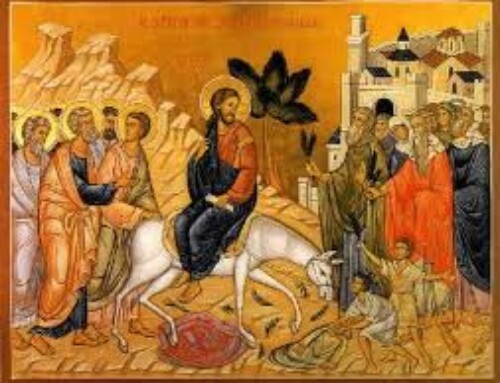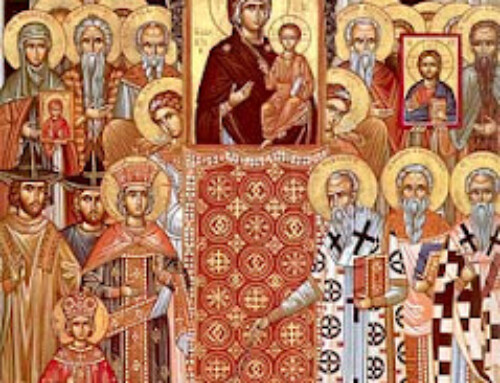Word Magazine March 1965 Page 15
CONCERNING FASTING
By Sub-Deacon Robert C. Zbeeb
The head or chief of the virtues is prayer, their foundation is fasting.
Fasting is constant moderation in food with prudent discernment in its use. The law of fasting, though outwardly a law for the stomach, is essentially for the mind. The mind, that sovereign ruler of man, if it wishes to enter into its rights of autocracy and retain them, must first submit to the law of fasting. Only then will it be constantly alert and bright, only then can it rule over the desires of the heart and body. Only with constant vigilance and temperance can the mind learn the commandments of the gospel and follow them. The foundation of the virtues is fasting.
Newly-made man when placed in paradise was given a single commandment, a commandment concerning fasting. Of course, only one commandment was given because that was sufficient to have kept premature man in his innocence.
The commandment did not speak of the quantity of food, but only prohibited a kind or quality of food.
Those who recognize a fast in quantity of food only and not in quality be silent. By devoting themselves to a practical study of fasting, they will see the significance of the quality or nature of the food.
So important was the law of fasting declared by God to man in paradise, that with the commandment was pronounced a threat of punishment for breaking it. The punishment consisted of the striking of men with eternal death.
And now a sinful death continues to strike the breakers of the holy commandment of fasting. He who does not observe moderation and due discernment in food cannot preserve virginity or chastity, cannot control anger, yields to sloth, despondency and sorrow, becomes a slave of vain glory and an abode of pride with harmful mucus, especially when they are frequently used.
Our Holy, Orthodox Church, by her wise rules and regulations, has allowed its faithful to eat meat. Yet she does not allow its constant use, but has divided the year into seasons of meat-eating and seasons of abstinence from meat. The fruit of the fasts can be discovered by experience for those faithful who keep them.
Every Wednesday and Friday of the Church year are fast-days in the Orthodox Church. For those who are living the monastic life, the use of meat is forbidden. In its place, the use of milk foods and eggs are permitted during the seasons of meat-eating. At certain times, and on certain days, the use of fish is permitted them. For the most part, they use vegetable foods.
The rules of fasting are appointed by our Holy Church with the object of helping Her children and to supply direction for the whole of Christian society. At the same time, it is prescribed for every Orthodox Christian to examine themselves with the help of an experienced and discerning spiritual father in the person of a priest and not to impose upon one self a fast which is beyond his or her strength. Food given for the support of the body should not be used to destroy it.
“If you control your stomach,” said St. Basil the Great, “You will mount to paradise, but if you do not control it, you will be a victim of death.”
Here by the name Paradise should be understood a state of grace and prayer, and by death, a passionate condition. A state of grace during our life on earth serves as a pledge of our eternal beatitude in the heavenly Eden. A fall into the power of sin and into a state of spiritual deadness serves as a pledge of our fall into the abyss of hell for eternal torment.



